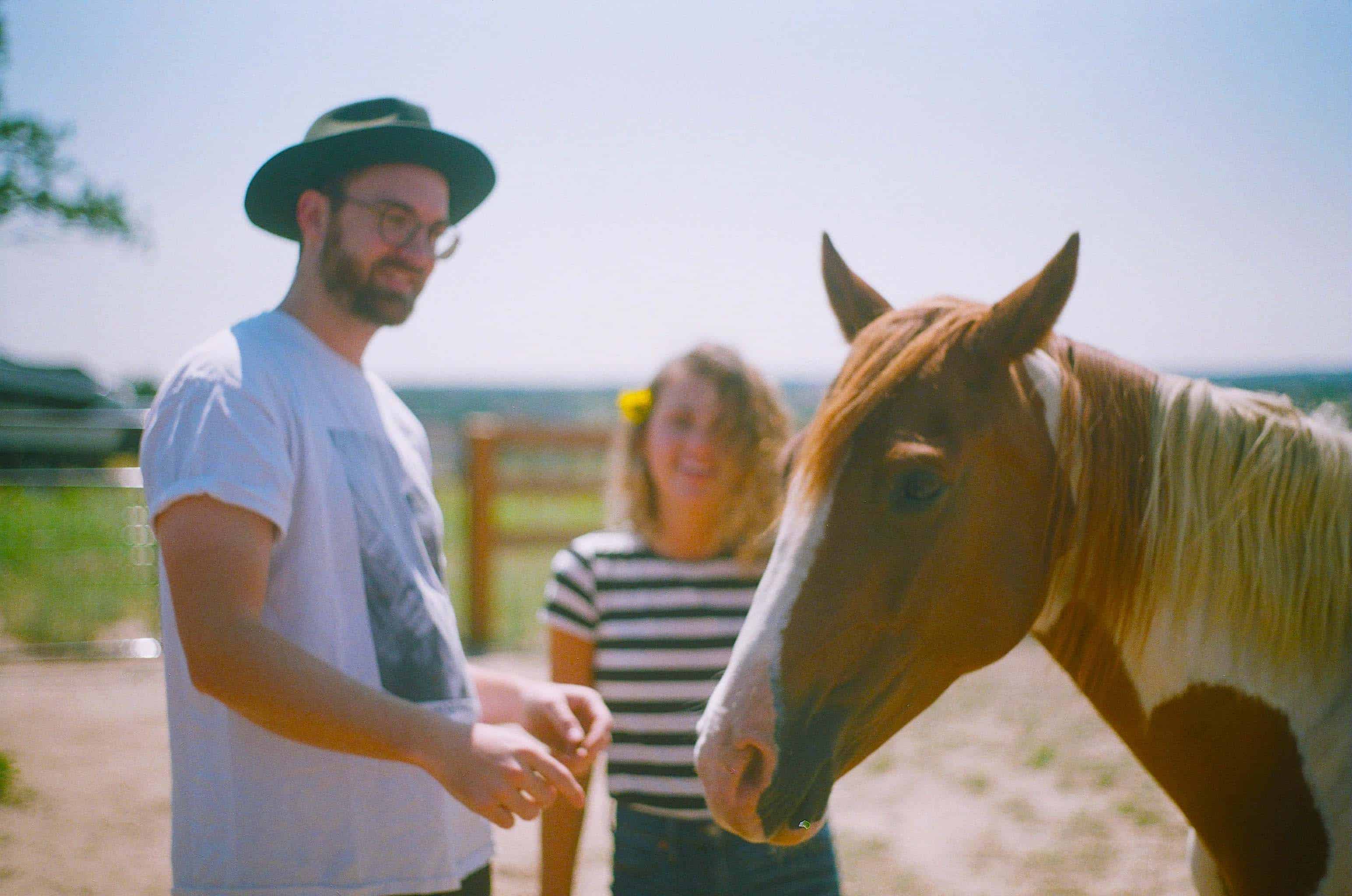Addiction treatment requires a combination of medications, detoxification, and therapy for effective results. The therapy techniques vary depending on the patient's symptoms. Amongst them is the Equine Therapy technique. Just like other techniques, it works to help the individual lead a clean and productive drug-free life.
Equine therapy also referred to as equine-assisted psychotherapy is a type of therapy that involves interacting with an animal with the aim of working through some psychological and emotional concerns. In this type of therapy, the therapeutic animal is the horse. It is effective for persons from all lifestyles.
How Does Equine Therapy Work?
Equine therapy programs can be altered in different treatment centers. While they may have a similar objective, therapists tailor it to suit the individual’s needs. The patients will spend time with a horse each day. This is in addition to spending time with their therapists and counselors.
The patient will spend time with a horse not just to pat and play with it, but also to tend to its basic needs. Therefore, you will be required to feed, groom, as well as exercise your horse. Some programs may also allow you to saddle your horse. Horses used for this type of therapy are either too old or they may have suffered injuries. This makes it difficult to ride the horses.
This therapy can significantly improve self-esteem while at the same time, it can also enable the patient to learn how to deal with difficult situations. The underlying reason is that addiction is considered a mental disorder, and by altering their mindset, they will get better. It is also not specific to a certain drug so it is used by individuals who have an addiction to alcohol and drugs be it cocaine, heroin, or other illegal drugs.
Why Equine Therapy is Effective
It is important that animals have a soothing and relaxing effect on patients, especially if you choose your animals wisely. Depending on the symptoms of the individuals, the common animals that doctors incorporate may include cats, dogs, dolphins, and horses. They seek to help reduce stress, improve your mood, and reduce and control pain. However, the reason horses are gaining popularity in addiction treatment is because they are able to leave all the three effects and not just one or two.
The horse gives the patient something new to focus on. They will gradually replace their line of focus from substance abuse and begin to care for the animal. When looking at substance abuse, addiction for many makes them neglect their role both at work and at home. This is why many end up losing their jobs and their families.
During the therapy sessions, they will take responsibility for their animal. Other than caring for their horses, they are also expected to retain a regular schedule. Equine therapy is best combined with other therapy options to help bring out the best results. This will also allow the patient to examine their actions and the impact they have in their future.
Equine Therapy and Behavior
Many substance abuse treatment plans embrace behavior management as part for their programs. Some mental symptoms from addicts include aggression and violence. This is a problem not just for the patient, but also for those surrounding him or her. During the one-on-one sessions with the horse, you will be able to take note of the animal’s reactions. In addition, they will create a bond so they can understand each other’s moods, vocal tone, as well as body language.
Depending on how the horse reacts, they will learn how to be caring thus avoiding harmful behaviors. They will also learn that trust and respect create better relationships with others.
Benefits of Equine Therapy for Addiction
Equine therapy is gaining popularity and for the right reasons. Addicts will have a sense of purpose by caring for their horse. This will gradually replace their urge and need to abuse drugs or alcohol. They will build a relationship that is bound to last and the patient will feel wanted. The following are the benefits of equine therapy.
- You receive immediate feedback: Horses are very sensitive animals and they will easily sense the individual’s feelings and react accordingly. This way, the therapist starts treatment as soon as the patient arrives. They will also realize some hidden feelings that the person did not know existed.
- It is safe: Nothing can go wrong with this type of therapy in a manner that will cause harm to the patient. It may start with fear because not everyone loves horses, whereas others may just not have the exposure to one before, but the process is safe and secure. This makes it ideal for use not just with adults but also with the young and the elderly.
- It creates healthy relationships: Addicts will often face judgment from those surrounding them due to their behavior. As a result, they will isolate themselves. By interacting with horses, they have the opportunity to interact without the fear of criticism. Once they start to feel welcome, they will regain their confidence and stop relying on substance abuse over time.
- You have the opportunity to build trust again: In a traditional therapy setting, individuals tend to open up and carry out discussions. Not everyone opens up easily and some may remain isolated. Equine therapy provides a safe environment where the individual will open up without the fear of someone passing judgment. They will in turn gain trust with the horse and the therapist.
- You have the opportunity to learn more: Considering that it is difficult to experiment with humans, you have the opportunity to learn more. The therapist will be able to evaluate how the person relates and reacts to the horse’s presence.
Equine therapy provides part of a solution for addicts to help recover on their behavioral as well as mental conditions. You can employ equine therapy alongside other therapy treatments for best results. If you are shy or that you show aggressive behavior, this technique will come highly commended for you.





